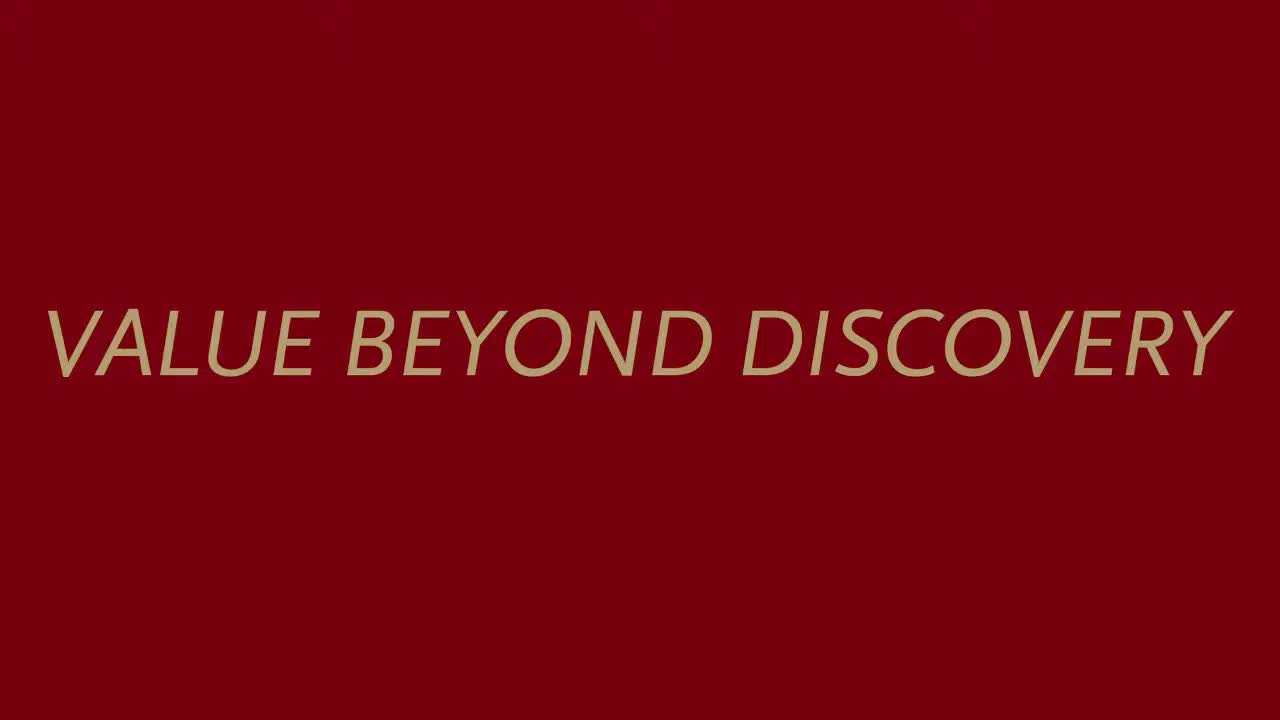Academic Research
Academic research is a structured and systematic process used to collect, analyze, and interpret data to answer specific questions or test hypotheses. It is essential for advancing knowledge across various disciplines and involves a clear research methodology that dictates the design, data collection, and analysis methods to ensure the reliability and validity of findings. Recent trends emphasize the importance of aligning academic research and higher education curricula with workforce demands, emphasizing career readiness and innovative strategies like microcredentials to enhance the return on investment for students. Core research methodologies include quantitative, qualitative, and mixed methods, each serving to explore distinct facets of academic inquiry. With recent advancements in technology, particularly the influence of artificial intelligence (AI), the landscape of academic research is rapidly evolving. While AI tools are enhancing research productivity, they also present new challenges regarding research integrity that institutions and publishers must address. Topics such as dissertation writing, various research methodologies—like qualitative research methodology and mixed methodologies in research—are integral to understanding the academic research process today. Moreover, ethical considerations continue to play a crucial role in academic publishing, ensuring that findings can be well-disseminated and trusted. Therefore, staying attuned to the latest developments and methodologies in academic research is vital for researchers, educators, and students alike in navigating this dynamic field.
How can I use Google's Advanced Search tool to find specific file types?
Google's Advanced Search tool provides a user-friendly interface to refine searches for specific file types. After performing an initial search, click the settings cog and select Advanced Search. In the Advanced Search panel, you can specify file types such as PDF, Word documents (doc/docx), or PowerPoint presentations. This approach is more intuitive than manually typing file type commands. You can combine file type searches with other advanced options like including specific words, exact phrases, or excluding terms. The tool also allows filtering by region, language, and recency of updates, making it significantly easier to locate specific document formats efficiently.
Watch clip answer (03:53m)What are the key techniques for effectively narrowing or expanding library catalog searches?
Advanced search techniques allow researchers to control search results through several methods. To narrow results, use quotation marks around phrases, combine terms with AND connectors, and utilize publication date filters. Limiting searches to the past five years ensures more current materials on topics like social media and activism. To expand searches, employ wildcards (asterisks) to capture multiple word forms (e.g., activist* for activist and activism), connect terms with OR operators, and explore subject links in relevant items. These techniques work in most databases, allowing for comprehensive yet focused research results. Experimenting with different combinations of search terms and field-specific searches (subject, title, author) yields the most relevant materials.
Watch clip answer (03:29m)What impact did the Trump administration have on the National Science Foundation?
The Trump administration fired more than 10% of the staff at the National Science Foundation, representing a significant reduction in its workforce. Founded in 1950 to promote science, engineering, and work on U.S. defense and public health, the NSF provides a quarter of federal support for basic research at American colleges and universities. The foundation plays a crucial role in funding key scientific initiatives including astronomy observatories and research stations in Antarctica. This mass firing threatens the organization's ability to fulfill its mission of advancing scientific research and innovation across the United States.
Watch clip answer (00:32m)What significant staffing change has the Trump administration made at the National Science Foundation?
The Trump administration recently fired more than 10% of the staff at the National Science Foundation (NSF), a critical institution founded in 1950 to promote science, engineering, U.S. defense, and public health. This represents a substantial reduction in workforce at an agency that provides a quarter of federal support for basic research at American colleges and universities. The NSF plays a vital role in funding key scientific infrastructure, including astronomy observatories and research stations in Antarctica. These staff cuts could potentially impact the foundation's ability to fulfill its mission of supporting essential scientific advancement and research across the nation.
Watch clip answer (00:32m)Is Atlantis a real historical civilization?
According to Johnny Harris, Atlantis has no basis in empirical fact. It was created by Plato as a parable to teach people, not as a historical account of a real civilization. While there are many who fill in knowledge gaps with their own interpretations that might make Atlantis seem real, this approach contradicts the scientific process. Scientific consensus, built through gathering, analyzing, and debating evidence over decades, does not support Atlantis's existence. Harris contrasts those who are comfortable making connections that feel good with the rigorous, slow process of establishing scientific knowledge through evidence-based consensus.
Watch clip answer (00:40m)How did scientific understanding in the 1800s influence views on Atlantis?
In the mid-1800s, scientific understanding was evolving beyond Biblical timelines. People began approaching Atlantis with a scientific lens as they discovered continental drift explaining matching fossils across oceans. This scientific perspective was further prompted by archaeological discoveries showing similar structures like pyramids, writing systems, and agricultural practices between isolated civilizations such as Egyptians and Mayans. These similarities between cultures that seemingly couldn't have communicated raised questions about potential shared origins or knowledge transfer, making the concept of an advanced lost civilization like Atlantis scientifically intriguing rather than merely mythological.
Watch clip answer (00:51m)




